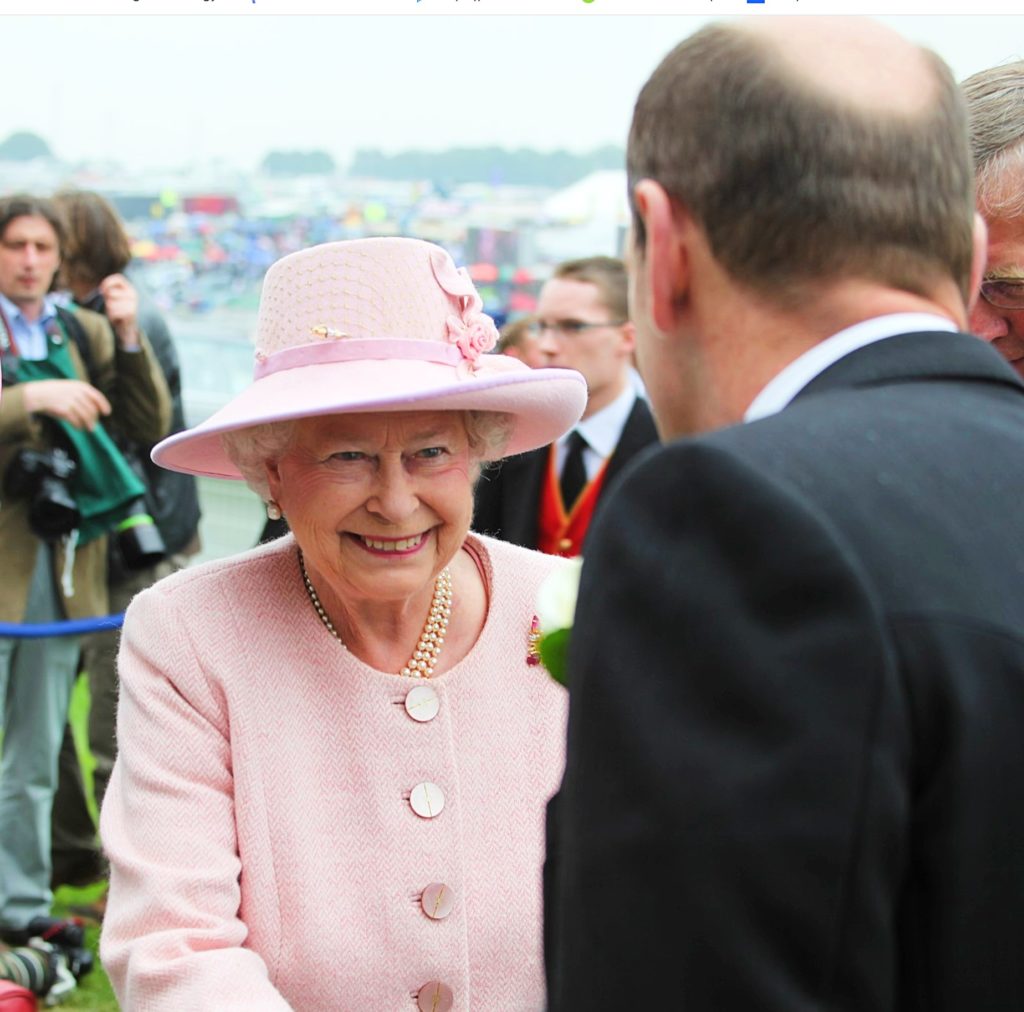Of her rich and immense legacy, not the least of Queen Elizabeth’s sterling attributes was her tolerance, encouragement, and impassioned pleas on behalf of interfaith tolerance and friendship.
In the years immediately following 9/11 Britain’s Muslim and Sikh communities experienced suspicion and threat. In her 2004 Christmas message—annually watched by 6.5 million viewers and the only public speech she made free of government advice—the Queen spoke from her heart with an impassioned plea for tolerance and friendship. She acknowledged that “discrimination still exists” in Britain and asked for communities to pull together. “Some people feel that their own beliefs are being threatened. Some are unhappy about unfamiliar cultures,” she said, in a message from Buckingham Palace. “They all need to be reassured that there is so much to be gained by reaching out to others; that diversity is indeed a strength and not a threat. We need also to realize that peaceful and steady progress in our society of differing cultures and heritage can be threatened at any moment by the actions of extremists at home or by events abroad. We can certainly never be complacent.”
She cited the parable of the Good Samaritan, a “timeless story of a victim of a mugging who was ignored by his own countrymen but finally helped by a foreigner. The implication drawn by Jesus is clear. Everyone is our neighbor, no matter what race, creed or color. The need to look after a fellow human being is far more important than any cultural or religious differences.”
Most people respect other cultures and their customs, she said, “but what matters even more is the way in which those from different backgrounds behave towards each other in everyday life.”
Religious leaders applauded the Queen’s words. They have had much to applaud over her seven-decade reign.
Faiths of many stripes and colors around the world may have lost the Queen’s long, warm and protective shadow, but they will never forget the example she set, as she said at an interfaith reception at Lambeth Palace 10 years ago when she said, “Faith plays a key role in the identity of millions of people, providing not only a system of belief but also a sense of belonging. It can act as a spur for social action. Indeed, religious groups have a proud track record of helping those in the greatest need, including the sick, the elderly, the lonely and the disadvantaged. They remind us of the responsibilities we have beyond ourselves.”

